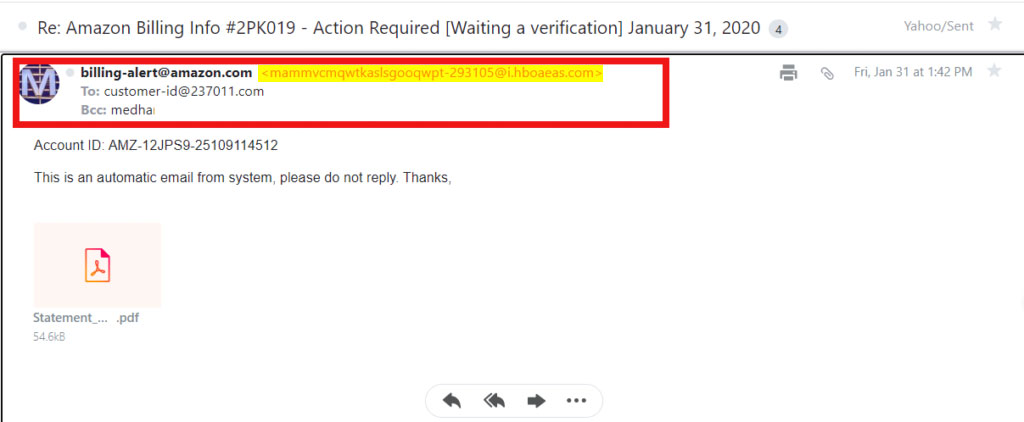With the focus of Türkiye’s agenda on the elections, malicious people also went after business. The first tool of people aiming to capture your information was e-mail messages.
While Turkey has entered a new election period, malicious people are on the agenda as always. to their own ambitions continues to use. There are many websites that pretend to be official institutions on the Internet.
But the only danger is not limited to fake websites. Appears to have been thrown on behalf of official institutions some e-mails also started to fill many people’s inboxes. The most concrete example of this was shared on social media.
Fake e-mail sent on behalf of Supreme Election Board:
Twitter/@Sinem_Gorucu_
People who present themselves as the Supreme Election Board,You need to verify your voter registration” and includes a link. The e-mail included the following statements:
“To access your voter registration, please select your correct address information in the form on the page. Then, the result of the inquiry will be sent to your mobile phone.”
Beware of all such emails you may receive in the future, not just this one!
Finally, the malicious fake e-mails we come across with this example can serve many purposes with the links they contain. Personal information of e-mail recipients can be captured, Credit card information can be stolen.
But it all starts with being redirected to a different page at this link. Instead of embedding a website in these links, some people are able to directly integrate malware. As a result, the current browser the user is using all saved passwords and information can be transferred to the other party.
How can you tell if emails are fake?

It’s actually pretty easy to spot fake emails that end up in your inbox or spam folder. The most basic thing you need to do is pay attention to the address that sent the email. Here are some rules to keep in mind:
- All e-mails sent by e-Government to individualsturkiye.gov.tr” extension.
- Likewise, all e-mails sent on behalf of official institutions,.gov.tr” extension. This extension is located at the end of the email address. The “gov.tr” extension cannot be given to any organization other than official institutions.
- Many emails that spoof companies have slight variations in company names. (Ex: turktelekom -> trktelekom)

- In emails from addresses that do not bear the name of a company or institution, the sender’s name may appear directly as real email addresses. What you need to check is not the name shown, is the e-mail address itself.
Even in the days of the earthquake, we encountered scammers:
RELATED NEWS
Fake Accounts, Sites and Opportunists That Exploit Aid Campaigns and Provide Fraud
In this process, you should be suspicious not only of your e-mails, but also of all messages and calls sent to you by numbers you do not know.
